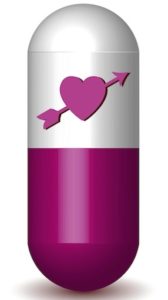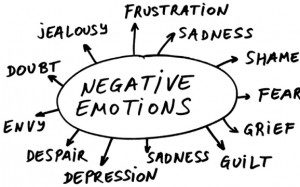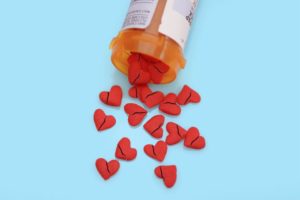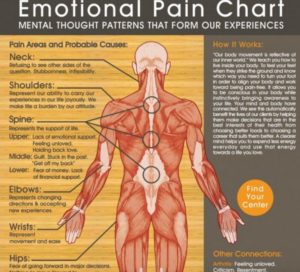The ‘open’ and ‘close’ buttons in elevators, the ‘hurry up cross now’ buttons on street crossings and even the thermostat controls in hotel rooms may all be making use of the placebo effect, claims The Sydney Morning Herald
Tag Archives: Emotions
Sex And The Placebo Effect: Women Learn, And Men Just Listen!
Sex differences for placebo effects not only exist, but they follow some rules, as it appears:
* Despite higher pain sensitivity in females, placebo analgesia is easier to elicit in males;
* It appears that conditioning is effective specifically to elicit nocebo effects;
* Conditioning works well to elicit placebo and nocebo effects, but only in females;
* Verbal suggestions are insufficient to induce placebo effects in women but work in men.
Words Matter
We know that communication matters – in regard to any human exchange and any human relationship. We can also consider the words we use, and the way we use them, in relation to their value as ‘placebo’. The effectiveness (or ineffectiveness) of communication can generate a placebo (or nocebo) effect, evidenced very clearly in the way that health practitioners interact with their clients, as illustrated in this article in the Irish Times, “Doctors Say One Thing. Patients Often Hear Something Else”.
“How patients frame questions and how doctors frame advice is an important element in successful health communication. Behavioural economists describe a phenomenon known as loss aversion: as humans, we are primed to feel losses nearly twice as heavily as we appreciate gains.
So for actions that we perceive as risky, a health message that presents the lack of action as an even greater risk is more effective. However, for actions that we don’t see as especially risky, presenting the action itself as beneficial has been shown to produce a better behavioural response.”
Who is More Likely to Experience a Strong Placebo Effect?
A new study finds that people who have a better handle on their negative emotions may be more likely to experience a stronger placebo effect. Researchers at the University of Luxembourg found that participants who were better at interpreting negative events in a positive light felt more relief from a placebo pain-relieving cream.
The placebo effect has traditionally been viewed in a negative light; however, within the last decade, researchers have investigated the placebo effect itself and found that placebos can trigger real biological changes in the body, including the brain.
“All participants reported less pain: the placebo effect was working. Interestingly, those with a higher capacity to control their negative feelings showed the largest responses to the placebo cream in the brain. Their activity in those brain regions that process pain was most reduced. This suggests that your ability to regulate emotions affects how strong your response to a placebo will be.”
Broken heart? You need a placebo!
All over the interwebs right now!
Researchers at the University of Colorado-Boulder studied 40 recently jilted volunteers and found they displayed less physical pain and felt better emotionally — even after receiving a fake drug.
“Breaking up with a partner is one of the most emotionally negative experiences a person can have, and it can be an important trigger for developing psychological problems,” said the study’s lead author, Dr. Leonie Koban.
“In our study, we found a placebo can have quite strong effects on reducing the intensity of social pain,” she said.
Among the myriad stories covering this, check out the New York Daily News, MedicalExpress, and Science Daily.
Emotions, epigenetics, placebos
A fascinating article on the many levels at which we might work to heal ourselves unconsciously. A quote from Dr Bruce Litpon, author of The Biology of Belief: Unleashing the Power of Consciousness, Matter & Miracles
“The placebo effect should be the subject of major, funded research efforts. If medical researchers could figure out how to leverage the placebo effect, they would hand doctors an efficient, energy-based, side effect-free tool to treat disease. Energy healers say they already have such tools, but I am a scientist, and I believe the more we know about science of the placebo, the better we’ll be able to use it in clinical settings.”
The full article is here: The place of negative and positive emotions in our health.







